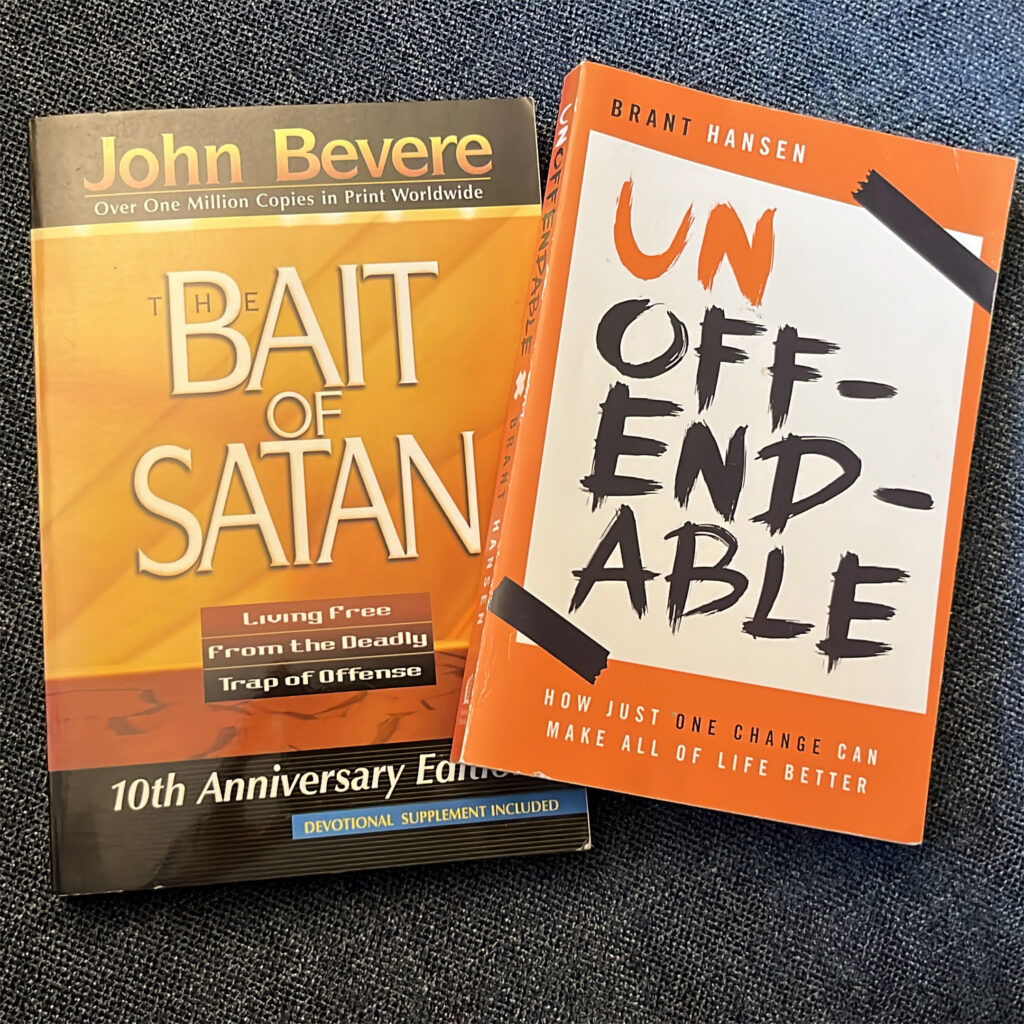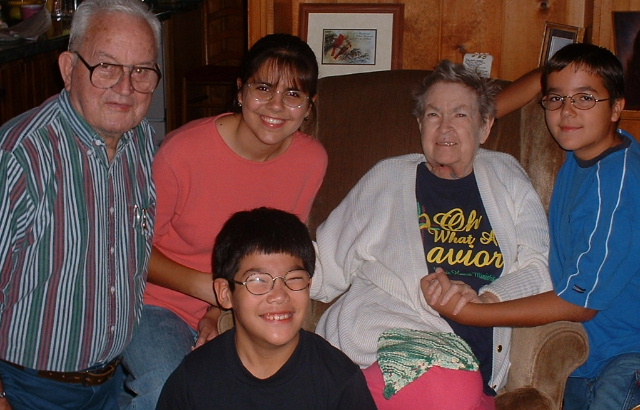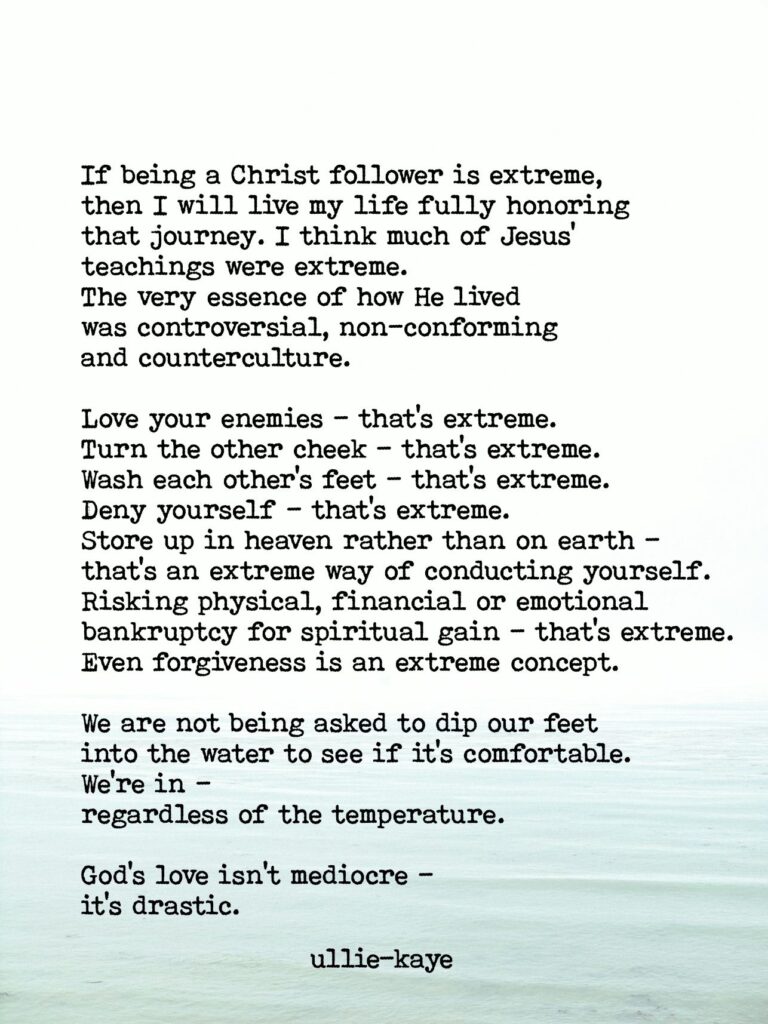
Photo Credit: Heartlight
Jesus answered, “I am the way and the truth and the life. No one comes to the Father except through Me.” – John 14:6
“For My thoughts are not your thoughts, neither are your ways My ways,” declares the Lord. “As the heavens are higher than the earth, so are My ways higher than your ways and My thoughts than your thoughts.” – Isaiah 55:8-9
Let this mind be in you which was also in Christ Jesus: Who, existing in the form of God, did not consider equality with God something to be grasped, but emptied Himself, taking the form of a servant, being made in human likeness. And being found in appearance as a man, He humbled Himself and became obedient to death—even death on a cross. – Philippians 2:5-8
“But the fruit of the Spirit is love, joy, peace, forbearance, kindness, goodness, faithfulness, gentleness and self-control. Against such things there is no law.” – Galatians 5:22-23
I will always be grateful for Bernie Cantrell. She loved me enough to tell me the truth.
In my 20s, I had fallen in love with a fellow college student, and we dated into his medical school years. Much of it long-distance and all of it out of God’s will for my life. I had allowed myself to be deceived that him being Jewish and me being Christian melded together two of God’s chosen people. Great spiritualizing, right? His mother wouldn’t think so nor did mine. Not sure about his mom, but mine prayed.
Late in our relationship, I remember vividly a night at my women’s discipleship group, all of us sitting on the floor with our Bibles open, in Bernie Cantrell’s living room. They knew about my relationship with this young man. They knew also that my heart was sincere toward the Lord as well. This is what deception can do…you can be fixed on the way of the Jesus but your eyes can blur from misplaced desires, and, before you know it, you find yourself in a ditch.
I don’t remember if we were in John 14 that night, or if it became a kairos moment when Bernie felt the time was right to talk openly and directly to me about my relationship with this young man. She pointed me to the verse:
Jesus answered, “I am the way and the truth and the life. No one comes to the Father except through Me.” – John 14:6
That night, as she discipled me (all of us) on Jesus being the Way and only in walking in His way will we find Home, the Holy Spirit grabbed my heart. Shortly after that, both this boy and I mutually severed our relationship. Done deal. Full stop. No looking back.
Now there have been other times in life, when I was tempted to choose my way instead of God’s way for me. Seasons when life was hard and I even questioned my salvation (that season was the one of parenting small children – physically exhausting and emotionally overwhelming at times). There were hard seasons when entitlement raised his ugly head and when offenses made me blind with hurt and anger that God’s Word seemed too far out of reach…or beyond my sense of fairness. Misplaced desires.
These days (in our country and occasionally seeping into our church life), we are bombarded by the push and pull of political ideology, cultural swagger, family estrangement, and the sense that God is far away.
Truth: God is NOT far away. We have been drawn off course, but He is as near as a Shepherd’s voice. He is just ahead. His way can be ours again.
I am so thankful for the truth of Scripture. So thankful for friends and family who point me back to Christ when I get distracted or discouraged. So thankful for opportunities when the Lord allows for me to point sweet ones to the way of Jesus.
God tells us that His way is different (higher) than the one we, in our sinful bent, would naturally take. However, when we surrender our lives to Jesus as Lord and Savior, we don’t have to be bound to another way anymore. Through the power of the Holy Spirit, we can walk in His way. We bear the fruits of the Spirit in this world…on this path. What an amazing life we have, reflecting the humility, mercy, and love that Jesus displayed. How much it profits those around us! How much it pleases God the Father! Sometimes it’s me as “the least of these”…staying on the way of Jesus benefits me the most. No more twisted in the wind of Satan’s lies about me and about others.
The King will answer them, “Truly, I say to you, as you did it to one of the least of these my brothers or sisters, you did it to me.” – Matthew 25:40
This past Sunday, on an icy day from his office, Pastor Cliff preached on loving our enemies from Matthew 5:43-48. So good! In the worship play list for that morning, our worship leader Ryan included the Phil Wickham song The Jesus Way.
This song has replayed in my mind all week. Jesus’ way is not the way of this world. It is so beautiful and so worth our lives to point in this direction. To walk in His way daily “tapping into a reservoir that is not of this world but for this world” (from Cliff’s message). For our sakes, our neighbors, our children and grandchildren, and our enemies.

Photo Credit: Heartlight
Worship with me.
[Verse 1]
If you curse me, then I will bless you
If you hurt me, I will forgive
And if you hate me, then I will love you
I choose the Jesus way
Oh, ooh-ooh-ooh-ooh
[Verse 2]
If you’re helpless, I will defend you (Ooh-ooh-ooh-ooh)
If you’re burdened, I’ll share the weight (Ooh-ooh-ooh-ooh)
And if you’re hopeless, then let me show you (Ooh-ooh-ooh-ooh)
There’s hope in the Jesus way
[Chorus]
I follow Jesus, I follow Jesus
He wore my sin, I’ll gladly wear His name
He is the treasure, He is the answer
Oh, I choose the Jesus way
[Verse 3]
If you strike me, I will embrace you
And if you chain me, I’ll sing His praise
And if you kill me, my home is Heaven
For I choose the Jesus way
[Chorus]
I follow Jesus, I follow Jesus
He wore my sin, I’ll gladly wear His name
He is the treasure, He is the answer
Oh, I choose the Jesus way
[Bridge]
And I choose surrender, I choose to love
Oh God, my Savior, You’ll always be enough
I choose forgiveness, I choose grace
I choose to worship, no matter what I face
I choose the Jesus way, I choose the Jesus way
I choose the Jesus way, I choose the Jesus way
[Chorus]
I follow Jesus, I follow Jesus
He wore my sin, I’ll gladly wear His name
He is the treasure, He is the answer
Oh, I choose the Jesus way
I follow Jesus, I follow Jesus
He wore my sin, I’ll gladly wear His name
He is the treasure, He is the answer
Oh, I choose the Jesus way
Oh, I choose the Jesus way
[Outro]
Ooh-ooh-ooh-ooh*
“Now to Him who is able to do immeasurably more than all we ask or imagine, according to His power that is at work within us, to Him be the glory in the church and in Christ Jesus throughout all generations, forever and ever. Amen.” – Ephesians 3:20-21
The Jesus Way – Lyrics – Songwriters: Phil Wickham & Jonathan Smith
Faith Behind the Song: “The Jesus Way” – Phil Wickham – by Scott Savage
Practicing the Way – Course & Free Resources on Spiritual Formation
Worship Wednesday – For Christ-Followers – It’s Surrender – Not Self-Improvement – Deb Mills
Worship Wednesday – First Things First – With Consumed by Fire – Deb Mills











































